Everyone knows that the key to a healthy mouth is a daily routine of brushing and flossing. You should also visit your local dentist in downtown Los Angeles for regular checkups and deep cleanings to ensure that there are no serious dental problems building up in secret. But on most days, you should engage with the best home dental habits to keep oral health issues at bay.
Best Home Dental Habits
Let’s review some of our favorite at-home dental habits that can keep you on the path to good oral hygiene for the rest of your life. As some of the most common medical issues around the world, tooth infections and cavities only get worse over time if you don’t properly treat them. Here are some steps you can take at home to make sure your teeth never get that bad!
Brush – and Don’t Forget to Floss
The core part of your daily routine includes brushing your teeth, but the maintenance shouldn’t stop there. It is also important to floss to get rid of plaque and tartar that may have built up in between your teeth. These are tight and hard-to-reach spaces that the toothbrush can’t reach. And according to the ADA and the CDC, you should floss your teeth once per day to prevent a buildup of bacteria.
Invest in Mouthwash
Still looking for that extra bit of cleanliness after you have brushed and flossed? There’s one more thing you can do on the regular: Use mouthwash! This is a good way to flush out those extra bits of bacteria that might not have gone away with the brush. Additionally, mouthwash can keep other dental issues like gingivitis and even hard plaque at bay.
Use More Fluoride
There are a lot of reasons why toothpaste and mouthwash products can effectively clean your teeth, but the biggest reason is fluoride. This chemical is very good for your teeth as it helps to kill bacteria while washing away any other unsavory particles. It is essential that you invest in tooth-cleaning products that contain fluoride. In fact, products without fluoride cannot protect you against cavities. If you are actively looking for ways to keep your teeth clean at home, you must get your hands on some products that contain fluoride.
Try to Stop Smoking
Nobody is at fault for forming a bad habit. A lot of people smoke, and it’s the effort to stop smoking that can really make a difference. Over time, tobacco and nicotine can inhibit your body’s immune system and make it more difficult for you to recover from dental maladies. If you have to get dental treatment, recovery from the procedure could be a lot slower as well.
Visit Your Dentist Regularly!
Maintaining your dental health at home is vital to your overall health. You should also check in with your local experts at least every 6 months for a full examination. A certified dental hygienist can clean your teeth and perform x-rays to get a deeper look at what’s going on underneath the surface. If there are any issues such as cavities or plaque, they will be resolved right away. We recommend visiting your dentist twice a year, but you may need to visit more, depending on your individual needs.
Practice the Best Home Dental Habits Every Day
The best way to prevent dental maladies is to protect your teeth as best as you can. This includes a daily routine of brushing, flossing, and using mouthwash that contains enough fluoride to combat bacteria and waste. It is also a good idea to visit your dentist every few months for a checkup and additional treatment if needed. Learn more about preventative dentistry in Los Angeles when you get in touch with our pros at Samaritan Dental Arts today!






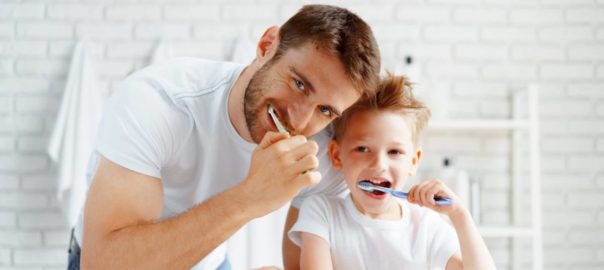
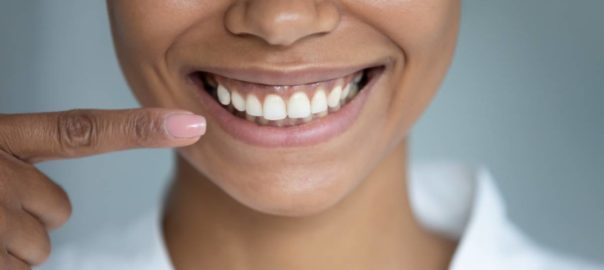
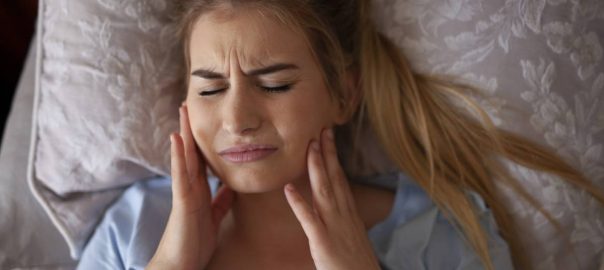

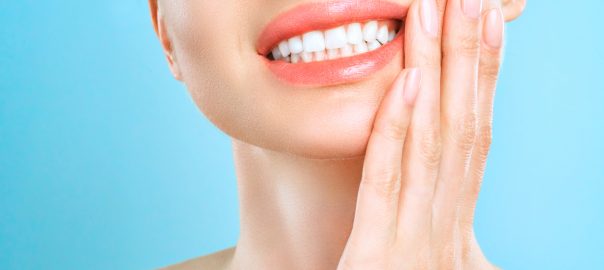
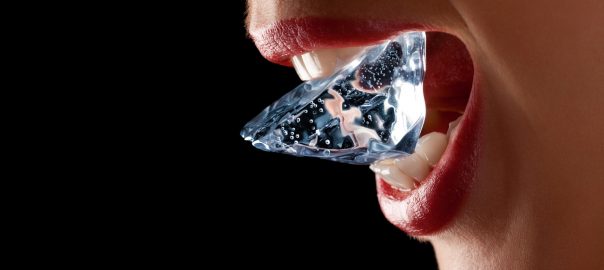
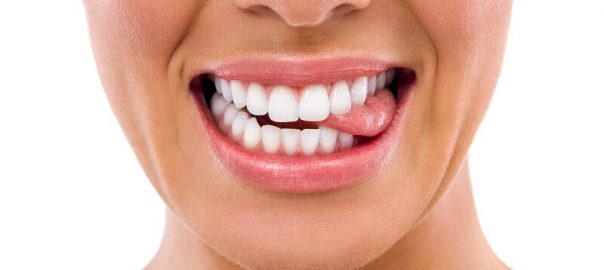
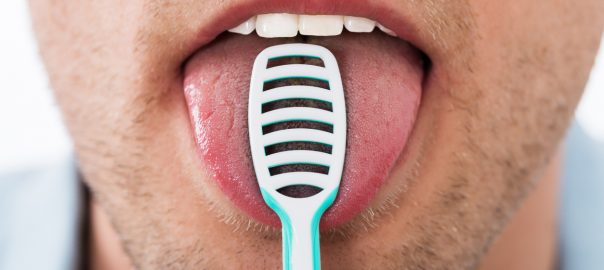

 Yelp
Yelp I have never had a better dental experience prior to my visit with Dr. Zabolian. It was pain free for the first time ever, the staff was friendly, accommodating to my schedule, there were no problems with my insurance claims... I am so happy I have found a dentist (after all these years) I feel so comfortable going to and also taking my family.
I have never had a better dental experience prior to my visit with Dr. Zabolian. It was pain free for the first time ever, the staff was friendly, accommodating to my schedule, there were no problems with my insurance claims... I am so happy I have found a dentist (after all these years) I feel so comfortable going to and also taking my family. 






